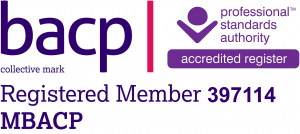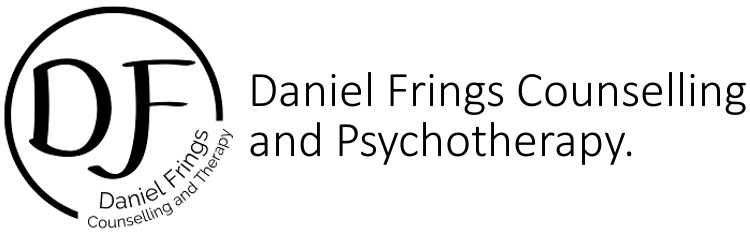Online Therapy
Benefits and drawbacks of online therapy
Online therapy: Is it for me?
As well as face to face sessions in Faversham, Kent, I am also happy to offer online therapy sessions. Online therapy has some benefits, but also some drawbacks, so it’s helpful to think about both of these things as you decide how to pursue your healing journey.
I offer online therapy for issues including as anxiety, depression, trauma (including abuse), issues relating with the self and others. You can learn more about my approach here.
What are the benefits of online therapy?
There are a number of benefits offered by online counselling. If you live in and area with little access to therapists or counsellors, or are not able to travel to a counselling setting, online therapy may be the only practical choice. Some techniques, such as the Rewind technique for trauma, are only offered by specialists, who may not be accessible locally otherwise.
If you can choose between online and face to face work, there are several benefits to online. Anonymity is often a key concern for clients embarking on therapy, and online therapy offers increased privacy (as you are in your own home).
If you home is a safe place for you, you may also feel more relaxed and secure. This can make it easier to face difficult issues. There are also gains in time and convenience, as you do not need to travel to and from appointments, park, etc.
These can all be considerable benefits for online therapy, as it can make it more accessible, comfortable and convenient. However, there are several drawbacks to consider before making a decision.
What are the drawbacks?
There are some disadvantages to online therapy as well as benefits. You will be more responsible for the space that we work in – when working face to face, your therapist makes sure the space is quiet, you will not be disturbed, the temperature is comfortable and you have a pleasant place to sit. In online work, you will need to make sure you can arrange these things for yourself (of course, you also get to set the space up precisely to your liking).
Many people work online for much of the day, either at home or in an office. If this sounds like you, do consider if another hour of screen time a week is something you can work with regularly.
It is also worth thinking about how you will feel at the end of the appointment each week. At the end of the session you will leave the room and be back ‘in the world’, with your usual routines, people you live with, jobs to do, etc. Will you be ok heading straight back into this following a session?
Online therapy (like all counselling) does need some time to ‘settle in’ and be processed after a session to be most effective. If you jump into something else directly from your session, a lot of the benefit may be lost. The temptation to dive into something straight after a session may actually be strongest when the material faced is most important. It is therefore important to make sure you have some time to reflect after the session. In face to face work, the journey home is a natural transition which is not available in online counselling – you will need to develop your own transition, with some help from your therapist of course.
How to prepare for online therapy
If you do decide to take the online option, there are some easy things you can do to help avoid some of the drawbacks mentioned above:
Make sure the space around you is comfortable to be in. Also ensure distractions are kept to a minimum – turn off email, messaging services etc.
Try and have some time before the session to mentally shift from everyday life to an online therapy mindset.
Check your microphone and video setup, I’ll always try and help resolves these issues, but am I not a ICT expert so cannot guarantee I can fix the issue remotely
Make sure other people know you should not be disturbed – if you have caring commitments, make sure these are met, and that children are not left alone if they are too young to be.
Make sure to create time after the session to decompress and let the work you have done sink in. Rushing straight in the next work meeting or job at home may negate the effect of the work you have done (as it interrupts processing), and can also be upsetting if it has been an important but challenging session.
If you think online counselling may be right for you, I invite you to contact me via the form below, or learn a bit more about my style of counselling and therapy.
How can I find out more?
If you are considering starting counselling or therapy, it is really important to speak with a few different counsellors / therapists to find someone you are confident working with. I offer a free call (on phone or via video) which lets us get to know each other a little to see if we would be a good fit. This is a great chance to ask questions, discuss what issues you want to address and, of course, see if online therapy would be a good option for you.
If you would like to explore this further, please simply reach out via the form below.
Start your counselling journey today
Reach out for a free and no-commitment consultation

